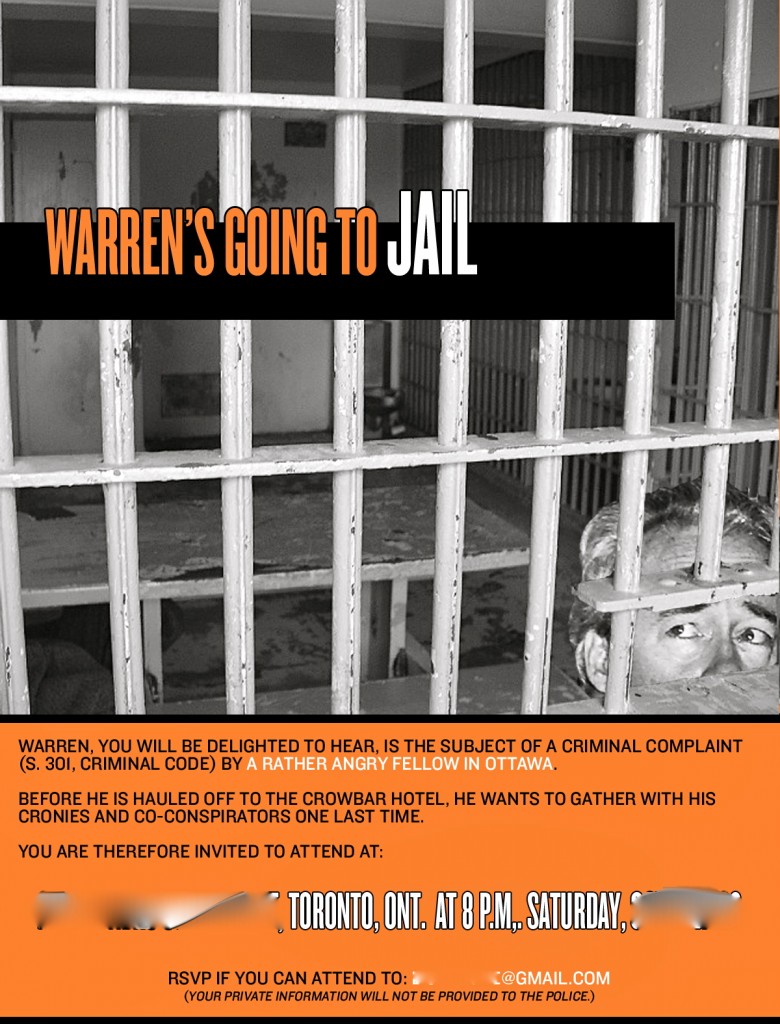The truth about the gas plants
Oakville mayor Rob Burton has just published a fascinating timeline on his website. If you care about Ontario politics – if you care about the truth – you should take a few minutes to read it. It provides facts about the gas plant controversy, not conjecture and bullshit. Among other things, it exposes the Opposition/media narrative about the gas plants to be wrong, wrong, wrong.
Among the revelations in Burton’s post:
- In August 2009, Burton meets with Premier Dalton McGuinty to protest the plans of the Ontario Power Authority/Ford Canada/TransCanada Energy to locate a gas plant in a largely residential area. McGuinty listens to Burton, and starts an inquiry into Oakville’s concerns.
- In February 2010, the Ontario PCs also come out against the OPA/Ford/TransCanada desired location for the plant.
- In April 2010, all three parties in the Legislature vote for a Liberal private member’s bill to keep power plants away from neighbourhoods.
- In June 2010, McGuinty’s inquiry releases its recommendations – and it recommends against what OPA/Ford/TransCanada want. McGuinty listens – and, three months later, cancels it.
- In September 2010, the PCs appear to reverse themselves, and start advocating for the plant to go in Ward Four, which borders the QEW, a creek, and thousands of homes. (Why? See October 2012, below.)
- In October 2010, McGuinty cancels the plant, and shuts down OPA/Ford/TransCanada. The decision is hugely popular in Oakville, and the local paper thanks McGuinty, saying they are glad he made the right decision.
- In September 2011, PC leader Tim Hudak says he wants to cancel the Mississauga gas plant. For the government hopes to lead, the cost will be “one billion dollars,” quote unquote. He says Oakville’s cancellation, which he supports, was also a billion.
- In the same month, his Mississauga candidate says “a Tim Hudak government will cancel this plant” – which, Burton dryly notes, “matches a Liberal promise” made earlier.
- In October 2011, McGuinty wins re-election, one seat short of a majority.
- A year later, in October 2012, the Toronto Sun reveals – as Burton puts it – “the Hudaks get a $40,900 pay-out from TransCanada.”
- In March 2013, Burton appears before a legislative committee to talk about the gas plants. He writes: “I point out all three political parties promise to kill the power plant during the fight and ask them how their cancellation costs would be different.”
- At the end of his timeline, Burton places the blame for the gas plant mess – and the price tag – squarely on the OPA: “[they are] responsible for this costly mistake.” They were “reckless,” he writes.
To summarize: all of the political parties were against the gas plant locations. All acknowledged there’d be a cost for cancellation.
And the ultimate responsibility for the gas plant mess, and the costs?
It lies with bureaucrats. Not Dalton McGuinty, his staff, or his cabinet.



